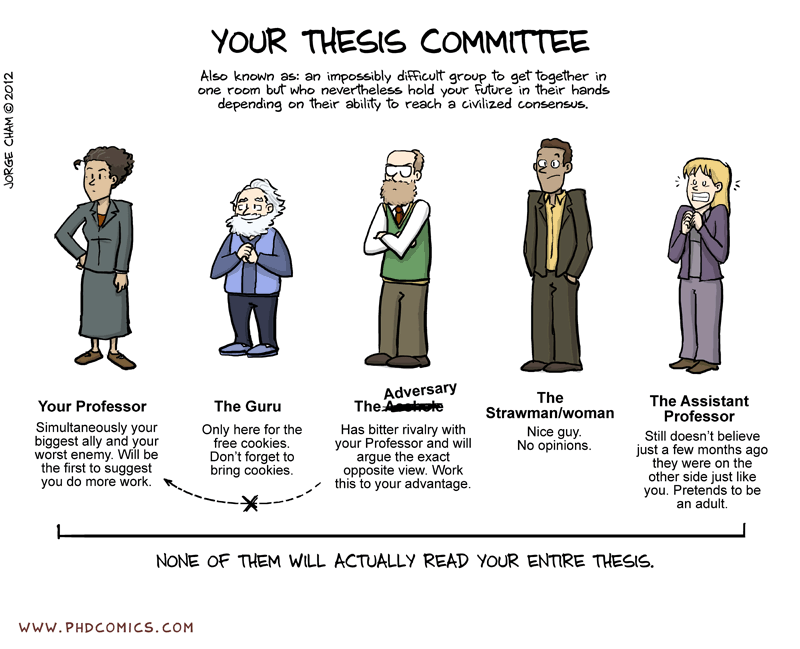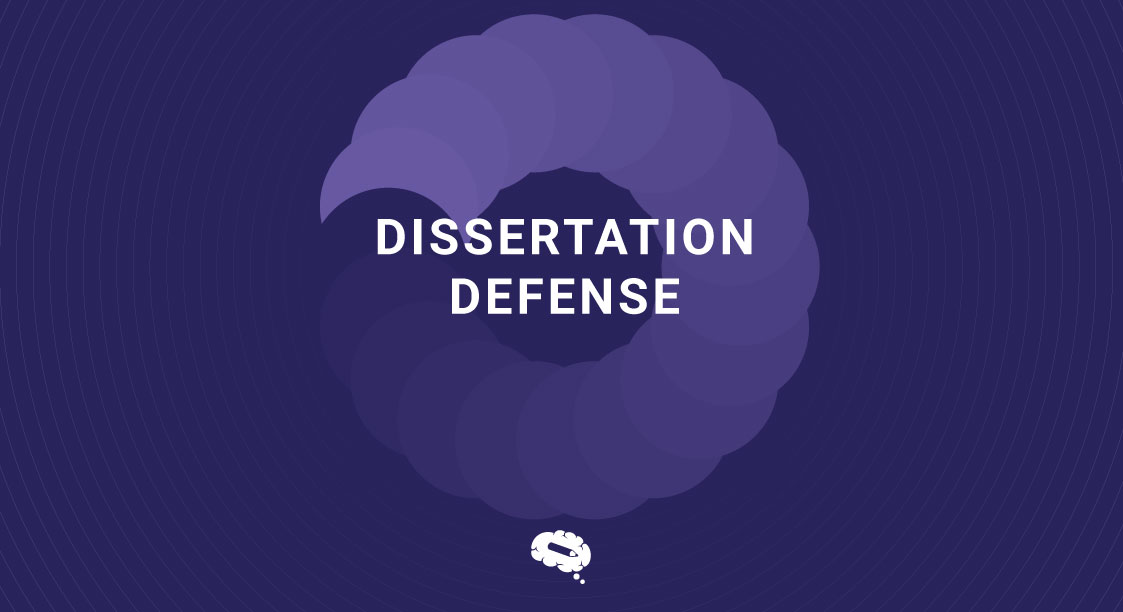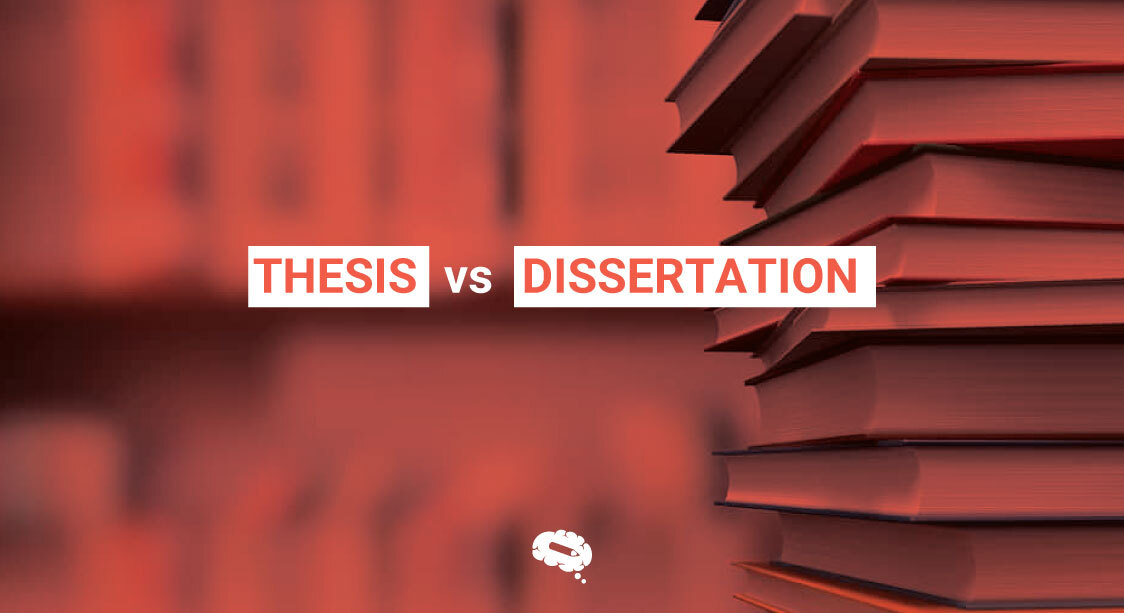Defending your thesis is the final stretch, the finish line, and it must be handled seriously. All experiments, results analysis, and heaps of literature research lead to how well you understand your research.
Rest assured that you are not alone if you are tormented by questions as your defense approaches. Every dissertation defense is unique, but there are strategies to prepare for this critical and significant occasion.
This article will act as a guideline with helpful tips for navigating the crucial dissertation defense phase.
What is a dissertation defense?
A dissertation defense, also known as a thesis defense, is an oral presentation and discussion of a research study. The goal is to present the findings, demonstrating to the committee and the academic community that the researcher completed the work with high enough quality to be awarded a doctorate and that the researcher is capable of speaking about it without hesitation, fully understanding the work, and answering any potential questions.
It’s worth mentioning that the first step is to get the dissertation document accepted, since dissertation chairs won’t let candidates schedule defenses unless the dissertation document’s quality is completely acceptable. The purpose is to see if the researcher is prepared to defend their work.
Timing and format
- Dissertation defenses typically require two hours of the private oral examination. Depending on the institution, they may seek an additional hour for a public seminar.
- The title, as well as the written document, should be provided to the committee early on. Check the institution’s deadlines ahead of time to be prepared.
- The format might also vary depending on the institution, however, you must be prepared for an external audience as an open-to-the-public defense.
Create beautiful slides for your dissertation with Mind the Graph
Mind the Graph is scientists’ first choice to easily create beautiful slides. Browse through 65,000+ scientifically accurate illustrations in more than 80 study fields. Successful dissertation slides start with Mind the Graph.
Committee Members: how to choose and what are the expectations?

To align expectations, understand that the dissertation committee should support you through the process of planning, writing, and revising your dissertation; they should act as mentors, providing helpful advice and recommending modification ideas. Choose your committee carefully, it is one of the most important steps for a successful dissertation.
Avoid famous and prominent members; instead, choose someone you know well and can reach whenever you need to; and, last, choose someone you know you can learn from.
Tips for Preparing for a Dissertation Defense
1. Prepare and practice
Before you submit your dissertation document to the committee and in between the delivery and defense event, use every time to practice and prepare yourself to defend your dissertation.
2. Know your weakness
Get to know your anxiety tendencies and prepare yourself around them. If you tend to talk at a quicker tempo than usual giving public speeches, you can practice a calmer rhythm. Prepare your speech and time it; this will assist you to understand how long it should take.
3. Attend different presentations
Go see other dissertation defenses to help you take it more smoothly, discover tactics and how other researchers perform their speeches and grasp the value of a dissertation defense for the community.
4. Give yourself enough time to prepare slides
Spend some additional time crafting the perfect dissertation slides. Check that you have the right information on your slides and that your assumptions are correct to create a logical flow for your presentation. Try to start working on it as soon as you send the written document.
5. Breathing techniques
Breathing is closely tied to oratory skills. Successful public speakers know how to regulate their breath. Try learning some breathing techniques, including long and steady breaths.
6. Focus on a good introduction
It’s critical to make a strong first impression, so make sure your introduction focuses on the most important key points and that it piques your audience’s curiosity to learn more about your work.
7. Avoid unnecessary topics
Personal exposition should be avoided. Remember to concentrate on your work, on providing excellent research, and let go of comments implying that you worked too hard for this or that you didn’t sleep for days. Maintain a professional and clear demeanor.
8. Make your questions
You’ll recognize the loose ends after refining your defense multiple times. As a result, create a list of questions that come to mind when rehearsing your defense. Tip number three will also come in handy here.
9. Maintain your cool
You will be asked questions that you have prepared for as well as unexpected ones; this is absolutely normal, and it is quite acceptable if you don’t know the answers to all of them, since you may have opportunities for future research. While commanding your defense, maintain your cool and be confident.
10. Sleep
When there’s something so important on your agenda, it’s easier said than done, but you’ll be much more prepared if you get enough rest. This will make you look better, but it will also assist you in remaining focused and comfortable during your defense.
Turn your data into easy-to-understand and dynamic stories
The greatest method to communicate a complex amount of data is to express it visually. Because they are easier and more effective to interpret, aids such as tables, drawings, and graphs improve the process of presenting research results. Use Mind The Graph templates to make a visual story with your data.

Subscribe to our newsletter
Exclusive high quality content about effective visual
communication in science.





